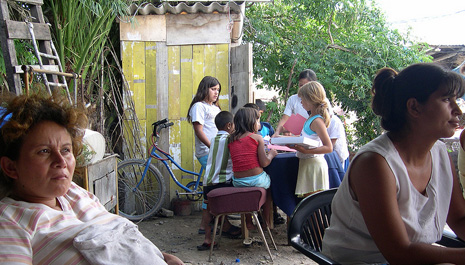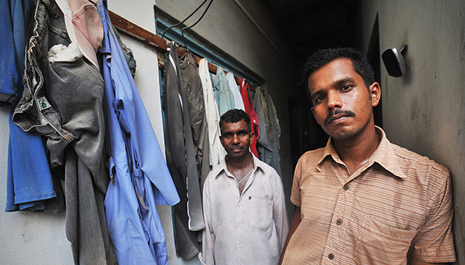Social Security
(Research papers and policy briefs below)
Everyone as a member of society has a right to social security. Effective social security systems are powerful tools to provide income security, to prevent and reduce poverty and inequality, and to promote social inclusion and dignity. As an important investment in the well-being of workers and the population at large, social security enhances productivity, employability and supports sustainable economic development, thereby contributing to a fair globalization with decent standards of living for all.
Globalization and regional integration have added impetus to mobility of workers across borders. The greater mobility of people across national boundaries and more diverse forms of migration are creating new challenges as migrant workers face multiple disadvantages in working and living conditions, including restricted legal rights, discrimination, social exclusion, and the lack of social security. Due to the territorial nature of social security and the diversity of systems in conditions for enrolment, portability and entitlement to benefits, specific difficulties relating to social security arise when workers are employed in countries other than their country of citizenship. As migrant workers play an ever more important role in regional systems of economic integration, more workers risk losing their entitlement to social security. Many of the nearly 230 million long term migrant workers and their family members today do not enjoy social security benefits. Few of the uncounted millions more of migrant workers in one-time or regularly repeating short-term, temporary or seasonal employment have access to coverage.
Protecting the right of migrant workers to social security is important not only for securing the equality of treatment in social security for migrant workers, but also for extending social security coverage to currently unprotected populations. Increasing social security coordination between countries through bilateral and multilateral agreements and the ratification of relevant international Conventions, should be a high priority as the well-being of millions of workers and their families are at stake. Furthermore, the portability of social security rights not only ensures social protection for workers, their families and their communities; it also facilitates freer movement of labour within and across economic zones and is, therefore, indispensable for functioning of integrated labour markets and thus development.
GMPA is working in cooperation with the International Social Security Association (ISSA) and the ILO to support extension of social security to migrants workers in Eurasia and in other regional integration schemes.
(Text adapted from: Social Security for Migrant Workers: A rights-based approach, Kenichi Hirose, Milos Nikac, Edward Tamagno. ILO (Subregional Office for Central Europe), Budapest, 2012.)





